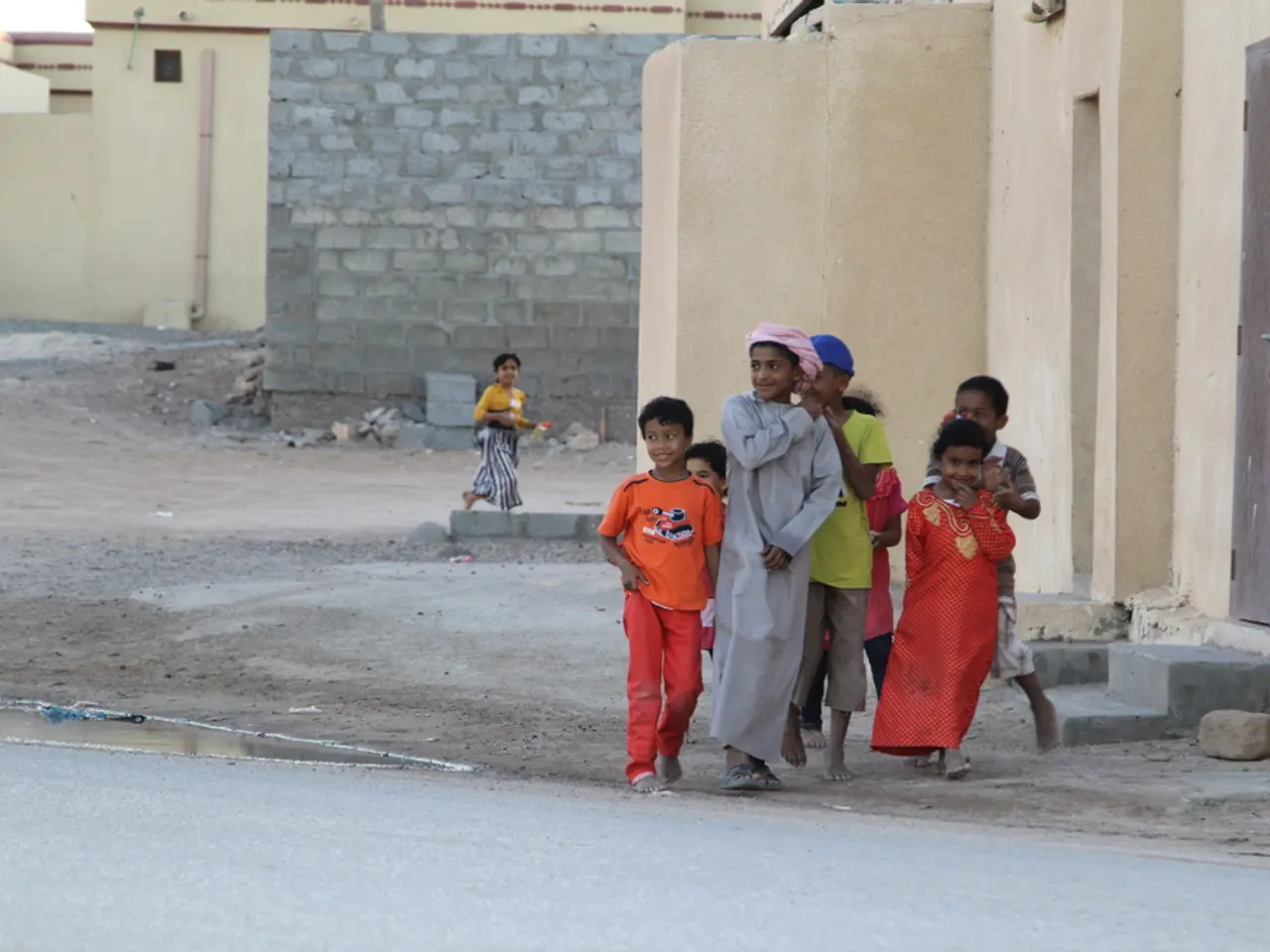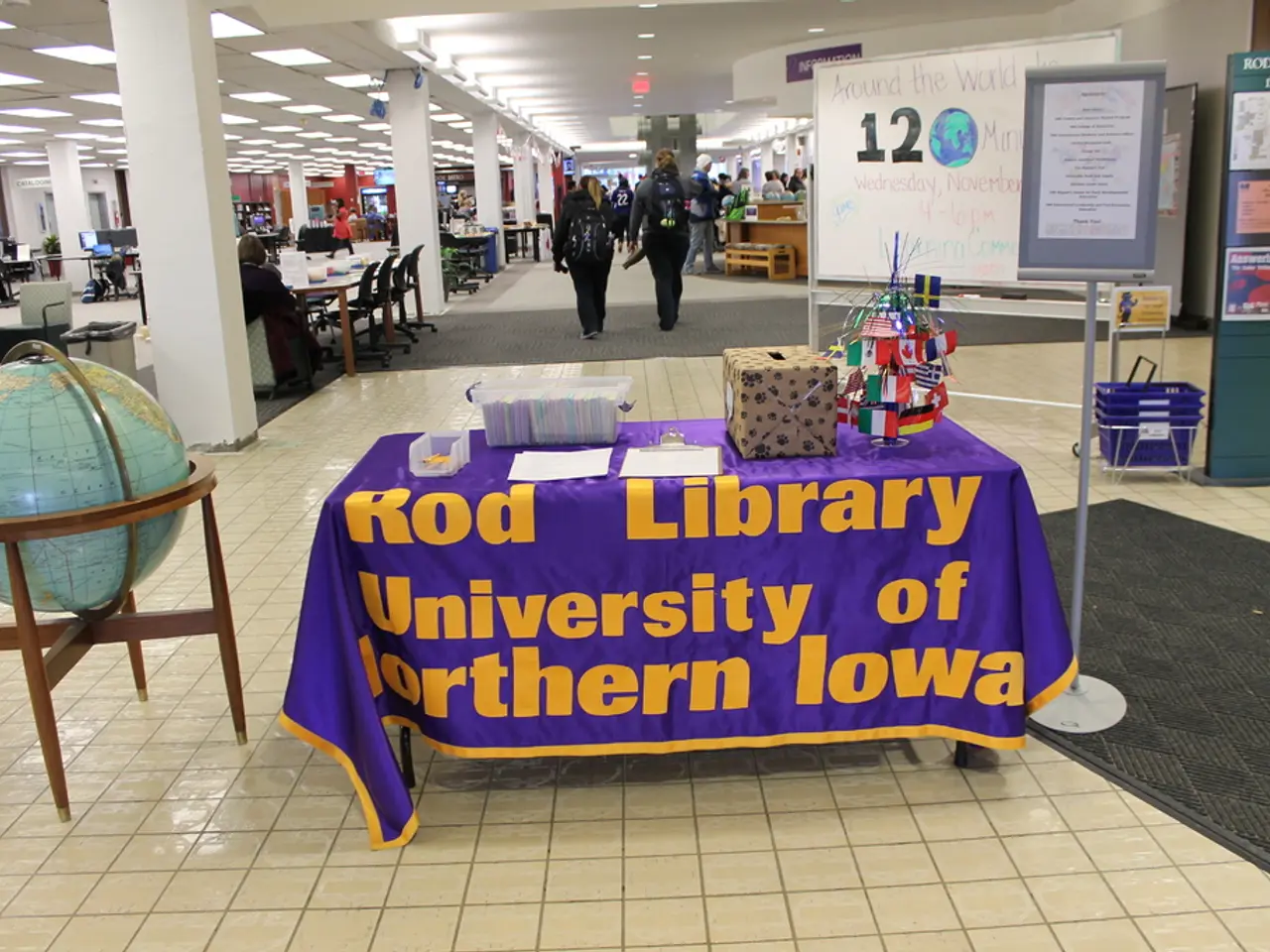Negotiation Disclosed: Bello Turji Acknowledges Dialogues with Tinubu Administration over Peace Matters
In a significant development, Bello Turji, one of the most dangerous terrorist leaders in Nigeria's North West, has confirmed ongoing peace negotiations aimed at establishing peace and ending violence affecting Zamfara and neighbouring states. The negotiations, which have been supported by prominent government figures, aim to foster lasting peace, allowing Fulani herders and Hausa farmers to coexist peacefully without fear of violence or harassment.
Key details of the negotiations include:
- Peace Agreement and Hostage Release: Bello Turji has agreed to cease attacks on farmers and has released 32 captives, including women and children, some of whom had been held for nearly four months under harsh conditions. This has allowed locals in certain areas to resume farming without fear of abduction.
- Negotiation Context and Political Support: The peace efforts have been supported by President Bola Tinubu, National Security Adviser Nuhu Ribadu, Zamfara State Governor Dauda Lawal, and Senator Shehu Buba. These figures advocate non-kinetic approaches to addressing the security challenges.
- Criticism and Challenges: Despite the peace talks, Turji has criticized Islamic clerics like Sheikh Murtala Bello Asada who deny the existence of negotiations and attack him publicly, accusing them of misleading the public for financial gain and inciting violence. Some residents and analysts remain skeptical about the durability of peace accords, viewing Turji’s agreements as tactical "survival strategies" to avoid military pressure. Notably, attacks have continued despite truces and Turji’s occasional relocation to evade capture.
- Limitations of the Peace Accord: The peace deal does not require Turji to fully disarm, as it is feared that doing so would expose him to rival gangs opposed to the truce. Additionally, while localized peace has improved, terrorist attacks continue in other parts of Zamfara.
The video message from Turji, shared online by Zagazola Makama, stated, "What we want is peace - peace that will enable Fulani herders and Hausa farmers to live without fear or oppression." However, the nature of the negotiations or the roles of other parties involved are not specified. Turji has also accused Sheikh Murtala Bello Asada of misleading the public regarding ongoing negotiations, but the identity and role of Asada in the broader context are not detailed.
Asada, who had recently dismissed reports of any negotiations between the bandit leader and government representatives, is accused of masterminding mass killings, kidnappings, and attacks on security formations across Zamfara, Sokoto, and Katsina States. The location and current status of the peace process are not specified, and the Federal Government and Zamfara State authorities have not officially confirmed the ongoing negotiations with bandit leaders.
- In the realm of Nigerian politics, President Bola Tinubu, Nuhu Ribadu, Dauda Lawal, and Shehu Buba have endorsed negotiations aimed at put an end to the kidnapping and violence in Zamfara and neighboring states.
- Bello Turji, a notorious terrorist leader, has agreed to a peace accord, releasing 32 hostages and halting attacks on farmers, enabling locals to farm without fear of kidnapping.
- Despite the peace talks, criticism and skepticism persist, with some accusing Islamic clerics, such as Sheikh Murtala Bello Asada, of misleading the public for financial gain and inciting violence.
- Asada, a cleric linked to mass killings, kidnappings, and attacks on security formations across Naija, has allegedly denied the existence of negotiations with bandit leaders like Turji.
- The ongoing discussions between Turji and the government have not been officially confirmed by the Federal Government or Zamfara State authorities, and details about the location, roles, and progress of the negotiations remain scarce.
- Amidst the war-and-conflicts, crime-and-justice, and general news of Nigeria, the future of this peace accord and its impact on coexistence between Fulani herders and Hausa farmers remains uncertain.







